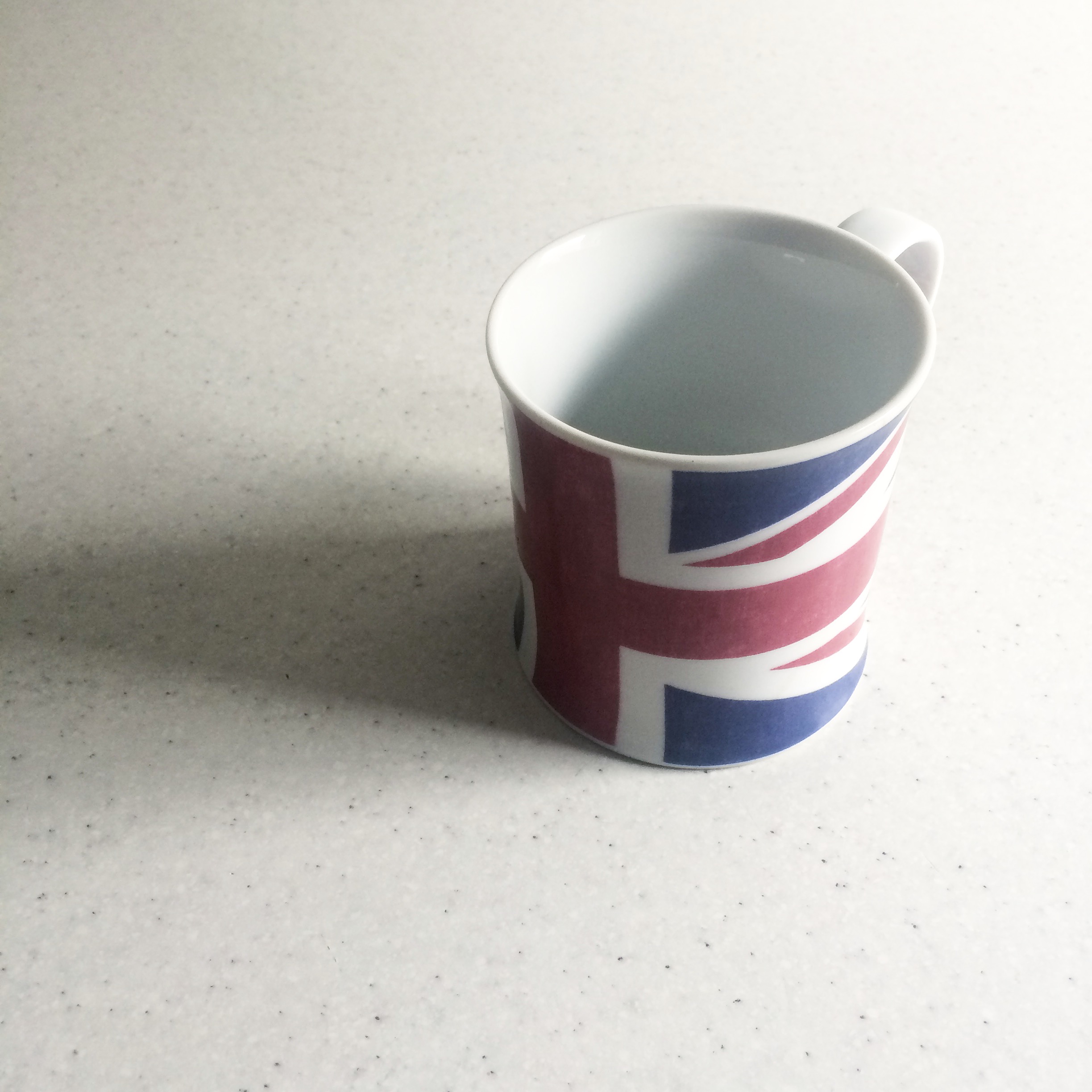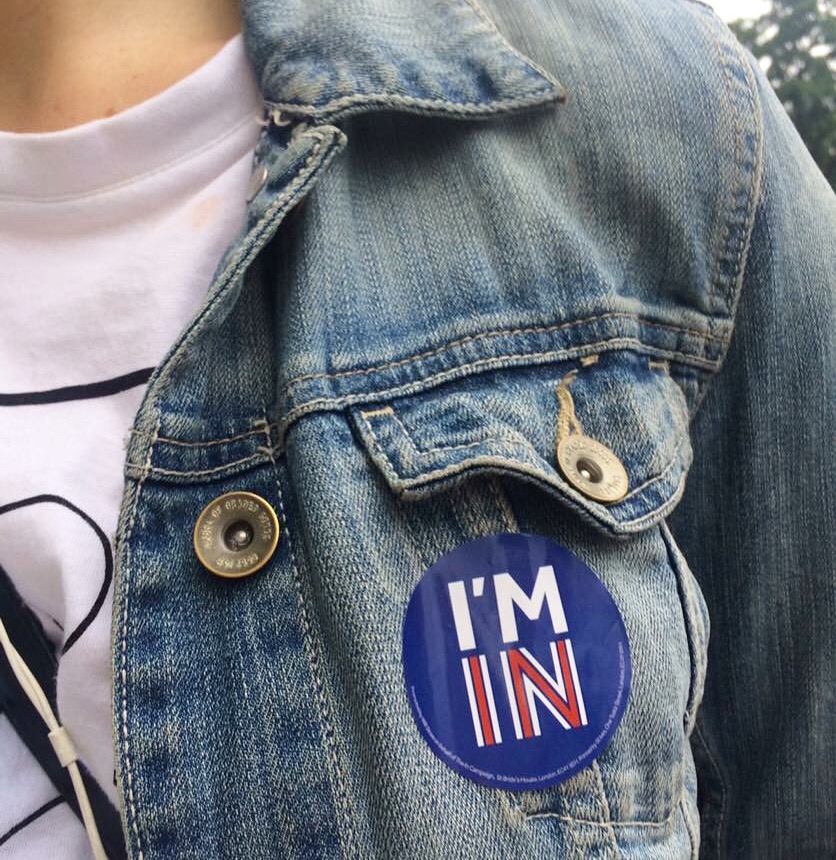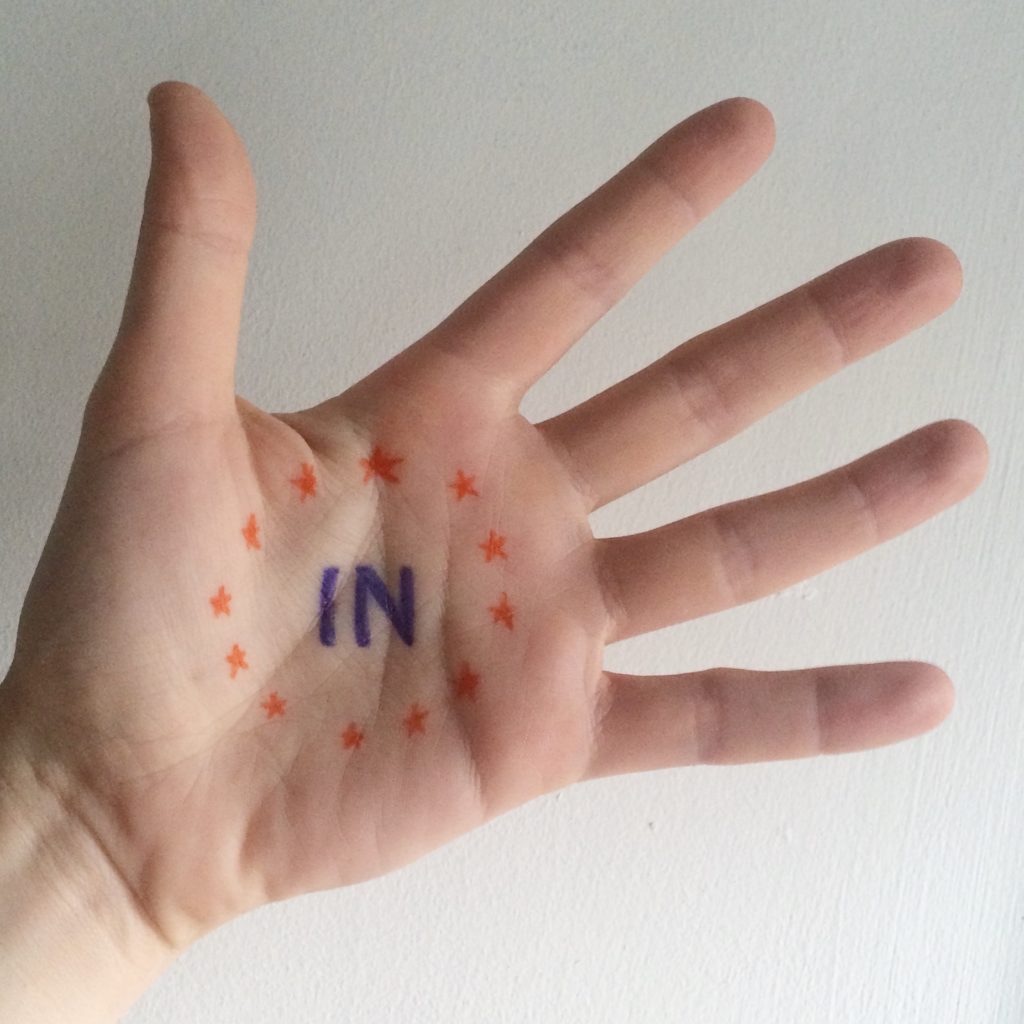It seemed so unlikely, this Brexit nonsense. Something that sounded like a cereal and was promoted by the likes of Nigel ‘I’m-not-racist-but’ Farage and Boris ‘I’m-stuck-on-a-zip-line’ Johnson was surely a bit of a joke. This whole idea about pulling the UK out of the European Union; they couldn’t be serious, could they?
I’m certain it was only a small percentage of the UK that had issues with the EU. Until, that is, we were all asked to decide whether we wanted in or out. Suddenly we had to consider what it actually meant to us, and what it offered. That was hard, given the barrage of skewed statistics on campaign leaflets, scaremongering from the tabloids, lies dressed as facts and people comparing other people to Hitler. And all of it culminating last week in a flotilla battle in the middle of the Thames; Nigel Farage and Bob Geldof calling each other names from little boats (Tower Bridge had to stay open for 20 minutes due to the whole kerfuffle). For god’s sake, how could anyone take this very serious decision seriously?
But the next day the MP and Remain-campaigner Jo Cox was murdered in the street by a neo-Nazi political extremist. And then we had to take it seriously. Very seriously indeed. For the first time, people stopped bickering in their political sandpits and took stock of what the hell was happening here. What were we doing? We had become a country divided upon itself. We were full of fear and uncertainty. Why on earth was David Cameron putting something so incredibly important in our hands, when we didn’t really know what we should do with it? Where should we set this thing down? And what will happen once we do, David? We’re not really sure we want to be holding this, could we give it you back?
Of course, at the end of the day, this is the great thing about democracy – we all had a right to have a say on something that would affect us all. It was exciting to be a part of that. And regardless how one voted, we were all given a chance to make our voice heard. I have always been in the Remain camp: I believe immigration brings more value than problems, and that it’s far less damaging than the tabloids would have people believe. And that the EU is not the source of all poor decisions and lack of control, but our own elected government. (Those who shouted that they “want to elect our own rule-makers” seem to have forgotten the House of Lords.) I had complete confidence in the economic experts who warned we would face a deep recession and that living costs would rise. The statistics being bandied about by the likes of Boris Johnson and his Brexit bus had been dispelled several times over and I already knew Farage and UKIP’s views were bad for women, the LGBT community, minorities and many things I believed in. Many things I wanted made better for the UK. I wanted to live in a more united society, not a divided and isolated one.
So I was down at the polling booth yesterday as soon as it opened, crossing the box to remain in the European Union. All day I wore my IN sticker, discussing the literal Ins and Outs with colleagues, fascinated at the openness of votes and also slightly unnerved by how unsure so many people still were, on the day of such a massive, historic decision. Once the polls closed at 10pm I tuned into the live coverage as the votes were tallied, chatting away with a nervous Twitter community, before passing out on the sofa at 2am. At that point, Leave were inching ahead. When I awoke at 4am, Leave were still in the lead. I felt uneasy. And then I heard that announcement: the UK has voted to leave the European Union.
Shock came first. Then the wave of sadness. I was grieving, but I didn’t know for what. “It’s like hearing someone has died,” messaged a friend. People were crying. This was not what we thought would happen, and we can’t go back. I realised what I was grieving for was the Britain I thought I knew. Like everywhere in the world, this country had its share of misguided Daily Mailers… What I hadn’t realised is that they made up the majority. That more than half of the nation supported people like Nigel Farage and Michael Gove. Finding this out made me genuinely sad. And a little afraid.
There was a mere 4% between for and against. More upsetting numbers include the statistic that 75% of voters under the age of 25 voted to Remain. And 58% of the over-65s voted to Leave. The new generation of Britons, many of whom identify as European, were now denied the sort of future they wanted.
On a personal level, I’d spent 11 years working towards earning my British passport, becoming a citizen of this country that I loved and that adopted me, and, furthermore having the right to easily live and work in any one of 27 European countries. I finally got my UK passport in April. Three. Months. Ago. I could have enjoyed that freedom for the rest of my life, but that’s gone now. What a crushing disappointment. As is the entire Brexit situation.
But like I say, this is democracy. The Leavers, while I don’t understand or agree with their choice, have the right to vote for it, and the right for that choice to be respected. By the same token, I have the right to disagree. Which I do, firmly. This morning I’ve been dragged kicking and screaming through the stages of grief. Denial. Depression. Anger. Bargaining…. Acceptance? Yeah, I’m not ready for that yet.
But after six hours of trying to absorb the reality of historic change, I’ve tried to console myself with notions that maybe, just maybe, we are not powerless yet. That we can still make things better.
My uncle once told me that success is not the outcome of the event, but the reaction to the outcome.
So while the outcome feels devastating and looks terribly bleak right now (the pound at its lowest since 1985, the Prime Minister resigning and the reality of an unelected PM – possibly even Boris – taking his place) let us not hoist down the life boats just yet. Britain will only go to the dogs if we allow it to. 48% is almost half of this country. Frustratingly, not enough to sway the referendum, but enough of us to make sure this country stays true to the greater of its values. Isn’t Britain all about rolling up one’s sleeves and showing courage in the face of adversity? We may not have succeeded in staying in the EU, but it’s up to us to encourage those same values we were pushing to retain: openness, diversity, equality, standing up for the vulnerable, and to the voices of division… We might only be able to make small differences, but those things matter.
Let’s make our 48% the new majority.



